How will we remember him, do you suppose? If you’re a committed football fan, possibly for that exquisite chip from the halfway line which left Wimbledon’s Neil Sullivan clutching at cold, empty air. A lovely goal, executed when he was only 21 years old, and which seemed to presage so much.
As a stalwart of a Manchester United side that was as successful as any British club has been? Or, if you’re only an occasional football fan, for those moments when he was in an England shirt and either clutching victory from defeat (a free kick against Greece) or defeat from victory (a petulant kick at the calf of some cunning Argentinian, which saw him sent off).
Or perhaps you do not like football at all and will just remember the horrid, garish, tattooed celebritydom — the chav bling, the preening self-regard and the sullen, talentless wife. It is an interesting question because it always occurred to me that David Beckham was good at only one thing in football: kicking the ball. He kicked the ball very well indeed. But he could do little else. As a winger, he had no pace or guile to beat his man. He was hopeless and sometimes cowardly (against Brazil, for example) in the tackle. He did not score many goals, nor were his assists fecund.
When George Best — a real world talent — was asked to appraise Beckham’s abilities, he was, for once, genuinely mystified. Beckham was not a tenth of the player that Best was, except from the dead ball. But I always argued that he possessed what Best palpably did not, which was humility and commitment to a cause. He seemed to be talismanic, and his somewhat naive, even bovine, intensity seemed sincere. And yet now all this is in doubt, too.
He has been revealed as a grasping and bitter toady, via emails hacked — possibly by the Russians, who are dead good at that sort of thing — between Beckham and his PR monkey. Infuriated, for a start, that he had not been awarded a knighthood for his ‘services’ to charidee. The inference we take being that his charitable work was for one cause only — honours, one after the other, the OBE not nearly enough. And we infer this not only because he baulked at giving Unicef his own cash, which we all might do, but because he railed against the honours committee for not knighting him. And also because he charged first-class air fares for his charitable appearances and scheduled them to ensure he would not have to pay UK rates of income tax on his astonishing £124 million wealth. And because he was spiteful about another recipient of meaningless British government baubles, the Welsh singer Katherine Jenkins.
What has she done, Beckham complained? What has she ever done? Well, sure, not much — granted. Beckham also fumed that if he’d been an American he’d have got his knighthood years ago — a quote which encapsulates both his sense of entitlement and his stunning ignorance. Although, on the latter point, not quite so well as a comment he made when his first child was born: ‘I definitely want Brooklyn to be christened, but I don’t know into what religion yet.’ Yay.
Now the Beckhams are engaged in an entertaining troubleshooting exercise, the ludicrous injunction brought to stop us knowing about his pungent and chippy views having miraculously failed. The name, and its worth, must be protected. And so his PR monkey puts out a statement that Beckham was simply cross at not being given a knighthood, as any ‘normal person’ would be. I’d sack that guy right now, David, if I were you, because I’m not convinced that intercession helped very much.
What all this stuff does, though, is show up the honours system for what it is — a ghastly fraud. When these fatuous titles are not directly bought by extremely rich people donating vast sums of wonga to a political party, then they can be acquired by any sleb who can be persuaded to travel first-class to Mali and be filmed watching an aged peasant carrying a bucket of water on her head, back from the dusty well to her two goats and her mud hut. Given the number of pig-ignorant slebs who have been bunged baubles for doing just this, and no more, it is little wonder that Beckham feels short-changed. After all, his good looks and his fame were probably very useful in securing for Britain the 2012 Olympic Games, which apparently we all desperately wanted, and to which he devoted his time.
It is hardly his fault, either, that he has a warped sense of what ‘achievement’ means, still more selflessness. A moderately good international footballer is no worse in my book than a moderately successful singer or a time-serving civil servant. They are fine, surely. But do they deserve further recognition of their worth, on top of the immense wealth or index-linked pension? In general I would leave all of these groups out of the honours system and concentrate on brilliant minds and genuine selflessness.
But then, I suppose, the money Beckham earned instilled in his limited mind a sense of separateness from the rest of us. He was one of the first footballers to really coin it, just as the TV deals and the consequent weekly wages passed what we might call obscene levels and reached the truly surreal.
I remember watching as good a player as Beckham when I was a kid. A bloke called Jackie Sinclair who played for, among others, Newcastle United and Scotland. Hugely talented, he helped Newcastle win the only meaningful trophy they have secured in 60 years. When Jackie retired, he went back down the pit, in Fife. No knighthood.
Got something to add? Join the discussion and comment below.
Get 10 issues for just $10
Subscribe to The Spectator Australia today for the next 10 magazine issues, plus full online access, for just $10.


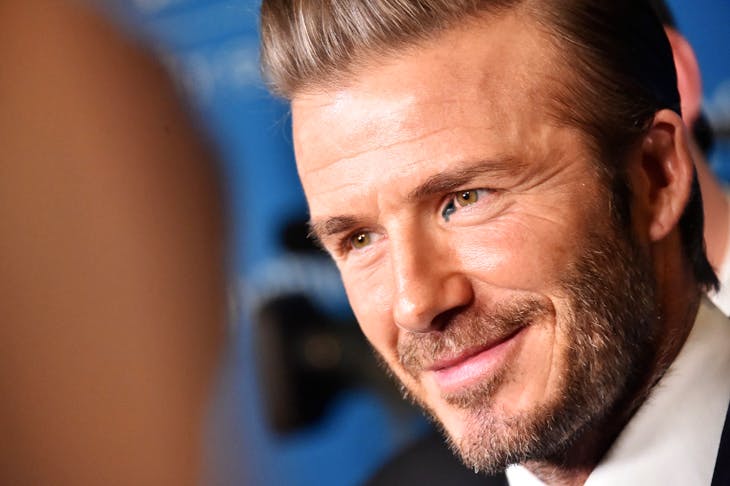

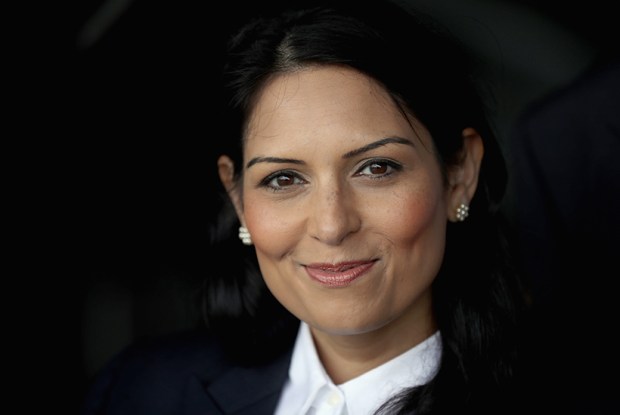
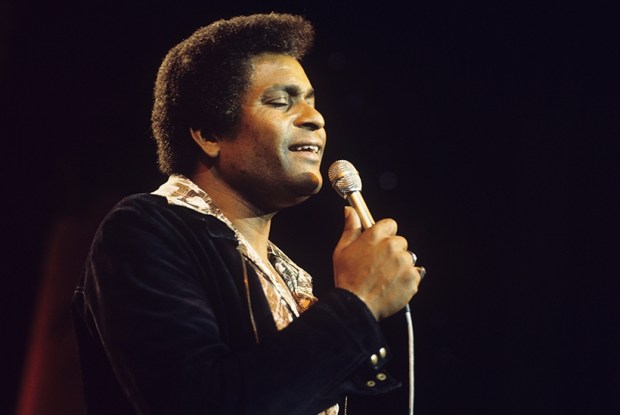
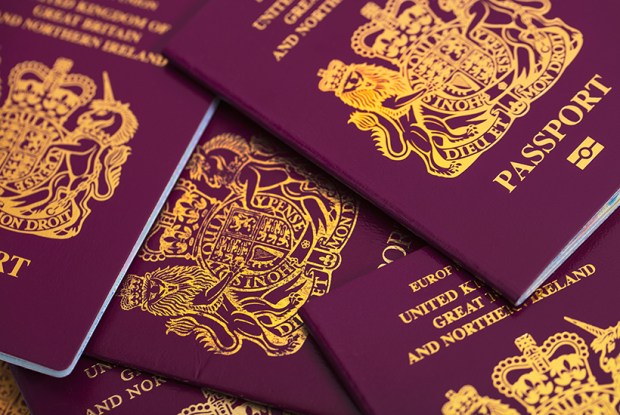
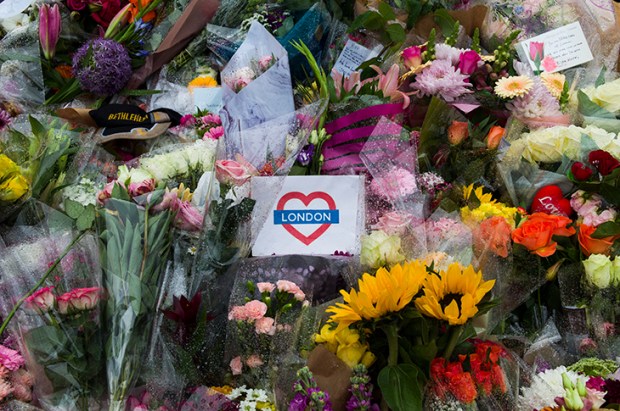







Comments
Don't miss out
Join the conversation with other Spectator Australia readers. Subscribe to leave a comment.
SUBSCRIBEAlready a subscriber? Log in